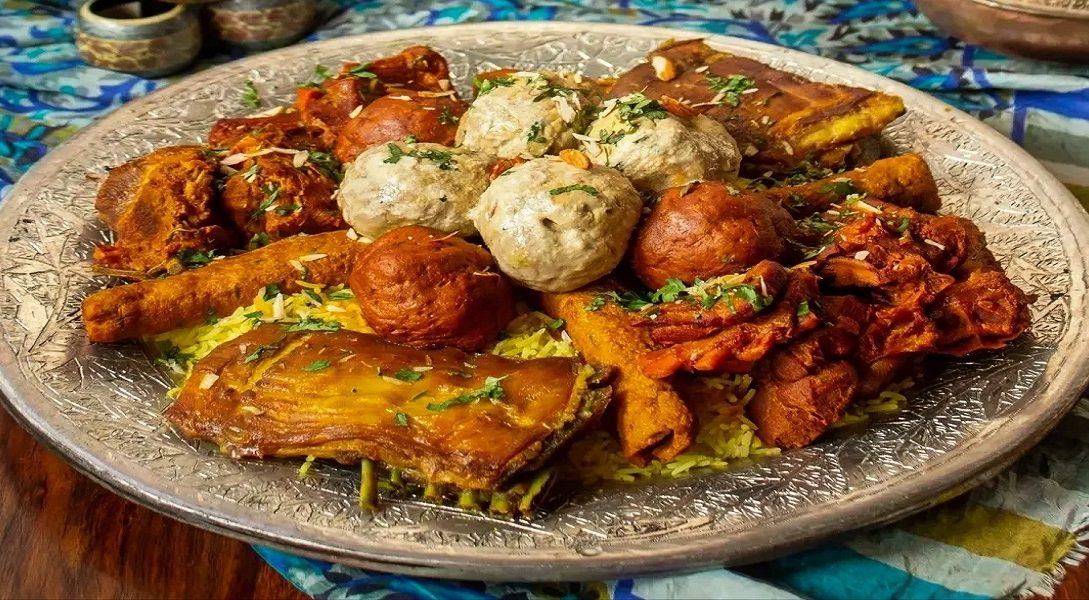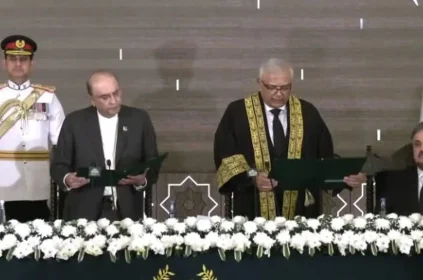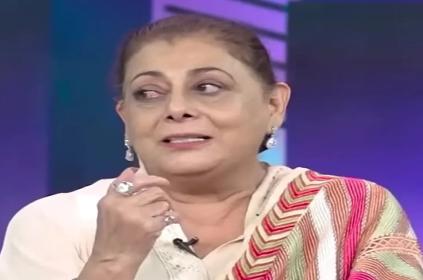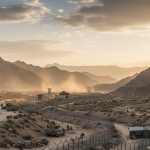IBNE HASSAN SHAWL
Wazwan is a traditional multi-course ceremonial Cuisine served in Kashmiri on weddings and other ceremonies and its preparation is considered a fine art and a matter of cultural pride.
Often described as a “royal feast” Wazwan represents the pinnacle of Kashmiri cuisine, prepared with meticulous care and served with unmatched grace.
The word ‘Wazwan’ is combination of two words ‘waze’ (chef) and ‘wan’ (shop), referring to the elaborate meals prepared by skilled wazas (chefs), for special occasions like weddings, engagements and other functions of festivities.
On any occasions either wedding, engagement or any festivity and function, a head chef (Woste waze) is being asked and discuss the number of courses to be cocked and number of guests to be served. In the morning Woste (Head) Waza along with his team of chefs and huge number of utensils is coming and spread his shop at opened place.
Then a butcher (meat seller) is coming with number sheep to be cut and waste waza is supervising matter and fresh sheep meet is being taken and separated for different courses.
The opulent, meat-heavy banquet can feature anywhere from 7 to 36 dishes, with a focus on lamb or mutton.
Wazwan is more than just food, it is a cultural legacy, a celebration of hospitality, and an art form that has been perfected over centuries in the vale of Kashmir.
Wazawan was introduced to Kashmir by Central Asian and Persian influences during the Era of Sufi Saint Shah e Hamdan Mir Ali Hamdani who traveled to Kashmir to preach Islam.
The Central Asian traveled to Kashmir along with Shah e Hamdan were included Artisans, religious scholars and people hailing from different trades.
They brought along a rich culture and traditions including Wazwan and gradually evolved into a unique culinary tradition, deeply tied to Kashmiri identity.
Nowadays, no wedding, festival, or grand occasion in Kashmir is considered incomplete without Wazwan.
Wazwan is not merely about eating a delicious food in w multi course traditional way, but it is a ritual.
Traditionally, it is served to groups of four people who share a large copper platter called a *traem*.
Guests sit together on the floor furnished with Kashmiri rugs, symbolizing equality and brotherhood, as the feast begins.
Before the meal, a ritual of hand washing with a traditional large copper basin called, tasht naer sets the tone of respect and purity.
After hand washing a large cloth called Dastarkhwan is being spread in rows of guest and a traem is being served covered with Maeth Mazx4, Tabakh Maz 2 peices, Kebabx4, Chiken 1 in 2 peices, DanePhol 2 peices and with Allah Almighty name guests are starting enjoy feast. After start Waza is coming to serve dishes starting from Rista and ending at Goshtaba.
The Woste Waza (master chef), called wazas, are custodians of this art. Recipes are passed down through generations, and the preparation demands skill, patience, and precision. From marinating meat overnight to slow-cooking over wood fires, each step reflects devotion to detail.
A full Wazwan may include up to 36 courses, though around 7 to 10 are considered essential. Most dishes are mutton-based, highlighting the Kashmiri preference for meat delicacies. Some of the signature dishes include:
Rista – Soft meatballs cooked in a fiery red gravy.
Gushtaba – Large meatballs in a creamy yogurt-based sauce, often the final and most prestigious dish.
Rogan Josh – Lamb cooked with Kashmiri red chilies, giving a rich color and flavor.
Tabakh Maaz – Ribs simmered in yogurt and then fried to golden perfection.
Aab Gosht – Lamb cooked in a delicate, milk-based broth.
Korma – Mutton simmered with yogurt and spices.
Daniwal Korma – Flavored with yogurt and generous amounts of coriander.
Yakhni – A mild yogurt-based curry with aromatic spices.
Waza Palak – Mutton cooked with spinach.
Kebabs and Nadru (lotus stem) dishes often accompany the spread.
The meal begins with lighter dishes and gradually builds toward the heavier, creamier gravies, ending with Gushtaba, which marks the finale of the feast.
Beyond taste, Wazwan embodies Kashmiri values—warmth, hospitality, and togetherness. To be invited to a Wazwan is a mark of respect, while sharing the traem signifies unity and community bonding. It is not just about filling the stomach, but about creating memories, honoring guests, and preserving tradition.
Kashmiri Wazwan is more than cuisine—it is a cultural treasure that blends flavors, rituals, and history. In a world moving toward fast food and quick dining, Wazwan stands as a reminder of patience, artistry, and the joy of collective feasting.
















